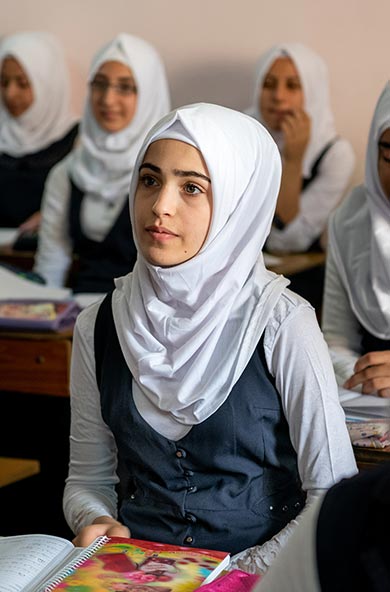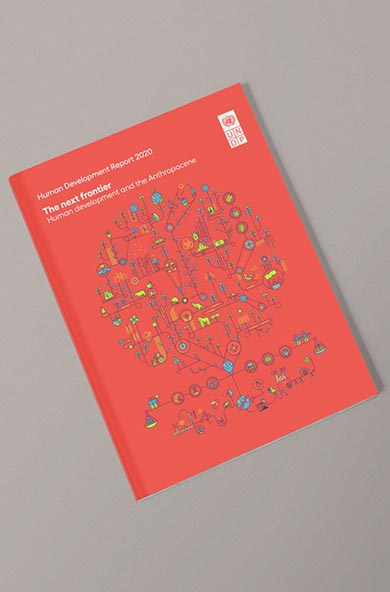During the Covid-19 pandemic, especially in the lockdown periods in Turkey, we took food security on our agenda and my field research was also moved to online platforms. Especially community-based forums, Facebook pages and social media platforms have become very natural ethnographic research tools for me. Thus, I decided to interact with one of the local groups that I follow on Facebook, called Ayrancı Ahalisi, which has 8,200 active followers. (Ayrancı is one of the largest neighbourhoods in the Çankaya district of Ankara.) The group was established by the residents for the residents of the neighbourhood to weigh in and build solidarity on issues such as waste sorting, recycling, reuse, care for street animals, urban gardening and so on. They even have their own monthly newspaper. Having spent enough time in this group, I launched an online survey about urban farming and balcony gardening, asking questions like “Has anyone been growing their own food in their garden? Do you know where food comes from? Do you use local organic food markets? What do you think about organic farming?” The interest was much bigger than I expected, and the answers indicated a well-informed community. They have shared resources on organic agriculture, sent photos of the vegetables they have been growing in their gardens and started discussions on how to transform the backyards of their buildings into urban gardens in order to collectively use them to grow vegetables.
The results of this online survey formed the first stage of our experiment on urban farming and with the focus group discussions I made afterwards, it was possible to put together a feasible plan for the current needs and conditions. Urban gardening applications, as integrated systems, were the ones that we wanted to work on with the local government before, but the local government was reluctant to collaborate on such transformation. You can find more details on this subject in a previous blog written by my colleague Gokce.
Composting was first brought on the agenda as a component of urban gardening by two women. Later, I found out that they were also the founders of NATURA Association, which was founded by scientists and qualified nature conservation volunteers who believe that doing science is a form of activism. They came up with an integrated solution to experiment: (1) Collecting organic waste from local businesses in the region by electric bicycles. (2) Using this organic waste for composting in a previously transformed urban garden in the neighbourhood. (3) Distributing the food to those in need, again, by electric bicycles. This is how the ‘Pedal for Soil’ project emerged. You can access the project's Instagram page, which attracted a huge amount of attention in a very short time, by clicking here.
In the last 5 months, 10 businesses in this neigbourhood have agreed to provide organic waste which would make it possible to build a composting network in the region. The organic waste would be collected from businesses by electric bicycles and used for composting in the neighbourhood garden. Although the idea is rather simple and practical, the local government was rather hesitant to allow it to be implemented. But thanks to this drawback, a completely different experiment emerged in which two local communities cooperated. Natura and Çiğdemim Associations started to use the collected compost in the neighborhood garden of Çiğdemim Association, which is a local association that aims to expand the culture of collective learning and sharing through urban farming; to increase the quality of life of the neighbourhood residents and to be effective in decision-making processes.
We have prepared 3 online training kits including the videos we have taken while composting on-site. It is natural that people get hesitant about composting. Results of the pre-tests we did before the trainings indicated that people thought compost smelled, got infested and that there was no decent use for it. However, the results of the final evaluation tests were quite positive as 85 percent of the participants stated that they were surprised that composting is really easy if the right methods are used and they would like to do composting going forward. The next step of our challenge is to create a networking, learning and solidarity platform where local actors working on composting in Turkey come together.
Indeed, this visibility and impact did not go unnoticed by the municipality and they wanted to be included in the project to support the work that is being done. The fact that a movement starting from the grassroots has become visible to policy-makers who were not interested in this issue before, reveals that actions started by communities can achieve a lot. It gives us hope.

 Locations
Locations





















